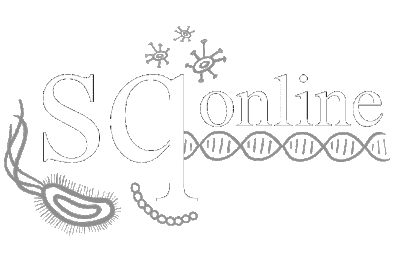Every week our Research Editors highlight a few of the latest headlines in science news and explain why these pieces are interesting and applicable to our classes at UC San Diego. If you find an engaging science article, share it with us on our Facebook page and your highlight may just be featured!
Precision Gene Editing Paves Way for Transgenic Monkeys | Scientific American
Anthony Chan and other researchers of Emory University are now looking at precision genome-editing techniques for engineering transgenic monkeys. These techniques would use enzymes and RNA to insert genes of interest rather than viruses.
If you are interested in topics of recombinant DNA, consider taking BIMM 101 (Recombinant DNA Laboratory).
— Amelia Wong | Research Editor
Peptide Derived From Cow’s Milk Kills Human Stomach Cancer Cells in Culture | Science Daily
Researchers in Taiwan have discovered that the peptide fragment lactoferricin B25 (LFcinB25), derived from cow’s milk, exhibited anti cancer capabilities against stomach cancer cell cultures. LFcinB25 reduced cancer cell viability through apoptosis (programmed cell death) and autophagy (degradation and recycling of damaged cell parts).
If you are interested in cell functions, consider BICD 110 (Cell Biology).
— Amelia Wong | Research Editor
Boy’s Bone Marrow Transplant May Have Cured His Peanut Allergy | Live Science
Though bone marrow transplants carry great risks of infection, anemia, or profound bleeding, a 10-year-old boy’s bone marrow transplant procedure may have cured his peanut allergy. There have been several such occasions but understandable relation to how allergies arise is still a mystery.
If you are interested in learning more about the workings of the immune system consider taking BICD 140 (Immunology).
— Nicholas Kotsyubko | Research Editor
Rare New Microbe Found in Two Spacecraft Clean Rooms | Science Daily
A rare, recently discovered microbe called Tersicoccus phoenics was
discovered in spacecraft clean rooms in Florida and South America. The 1 micrometer sized bacteria is able to withstand high stresses with its innate resistance, potentially able to survive the stresses inside a
spacecraft.
If you are interested in learning more about various microbes, consider taking BIMM 121 (Microbiology Lab).

